
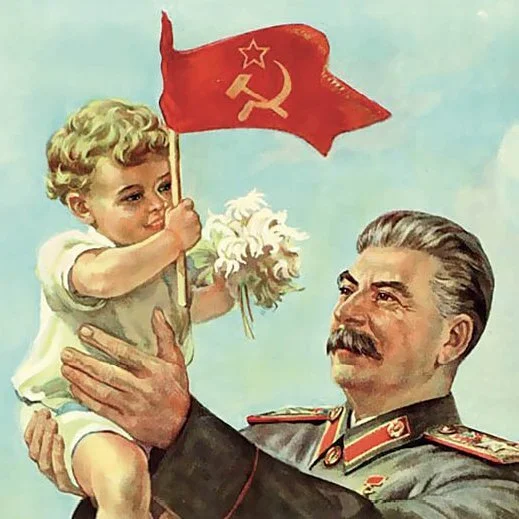
Once again, that’s not what’s being said. She gets reprimanded in those cases.
Sometimes, there doesn’t appear to be any thought involved at all [in her outbursts of “dysregulation”], and when Margo reminds our daughter that it’s not okay to hit like that (“like that” meaning without consent), she looks genuinely startled, as if she has forgotten that we’ve ever talked about any of this. We do our best to respond calmly, to remind her that she has to ask before she hits. She knows that she can always get her boxing gloves and hit her bag if she needs to let off energy. We also model this for her by practicing martial arts in front of her, and demonstrating how we request and receive consent in that context.






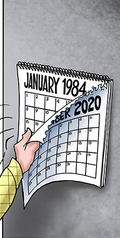

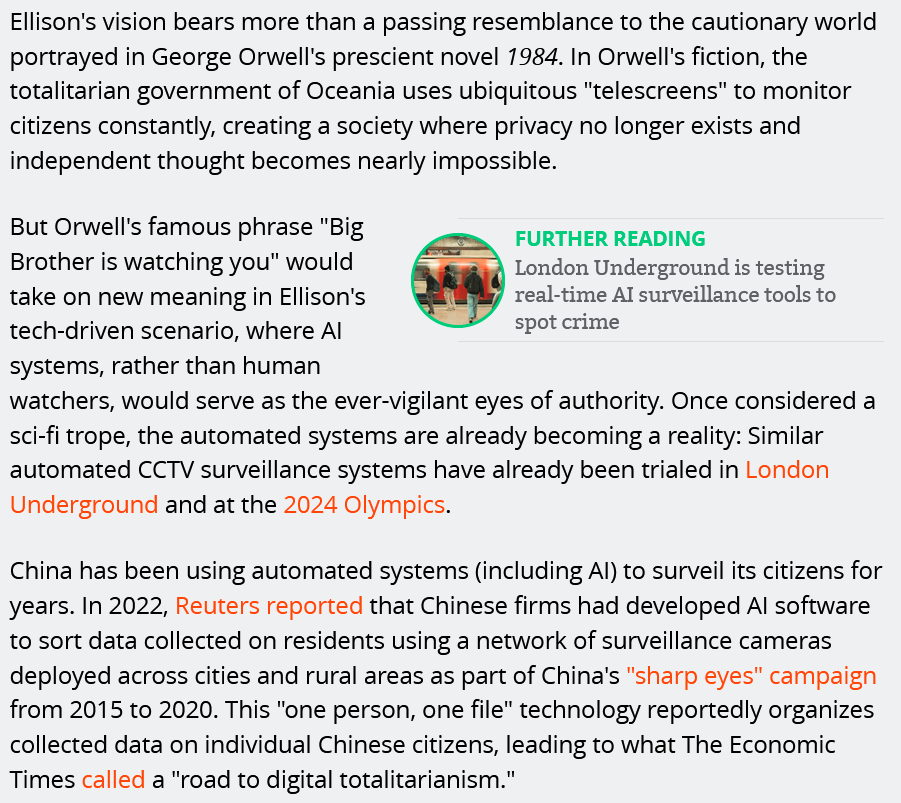

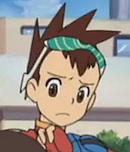
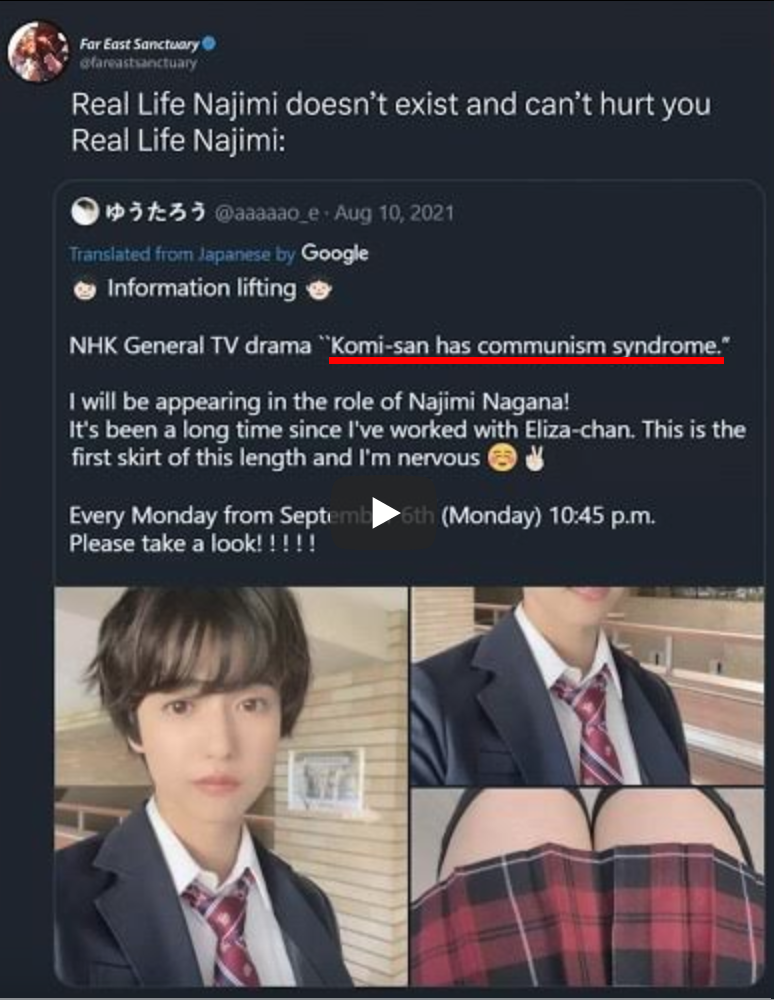
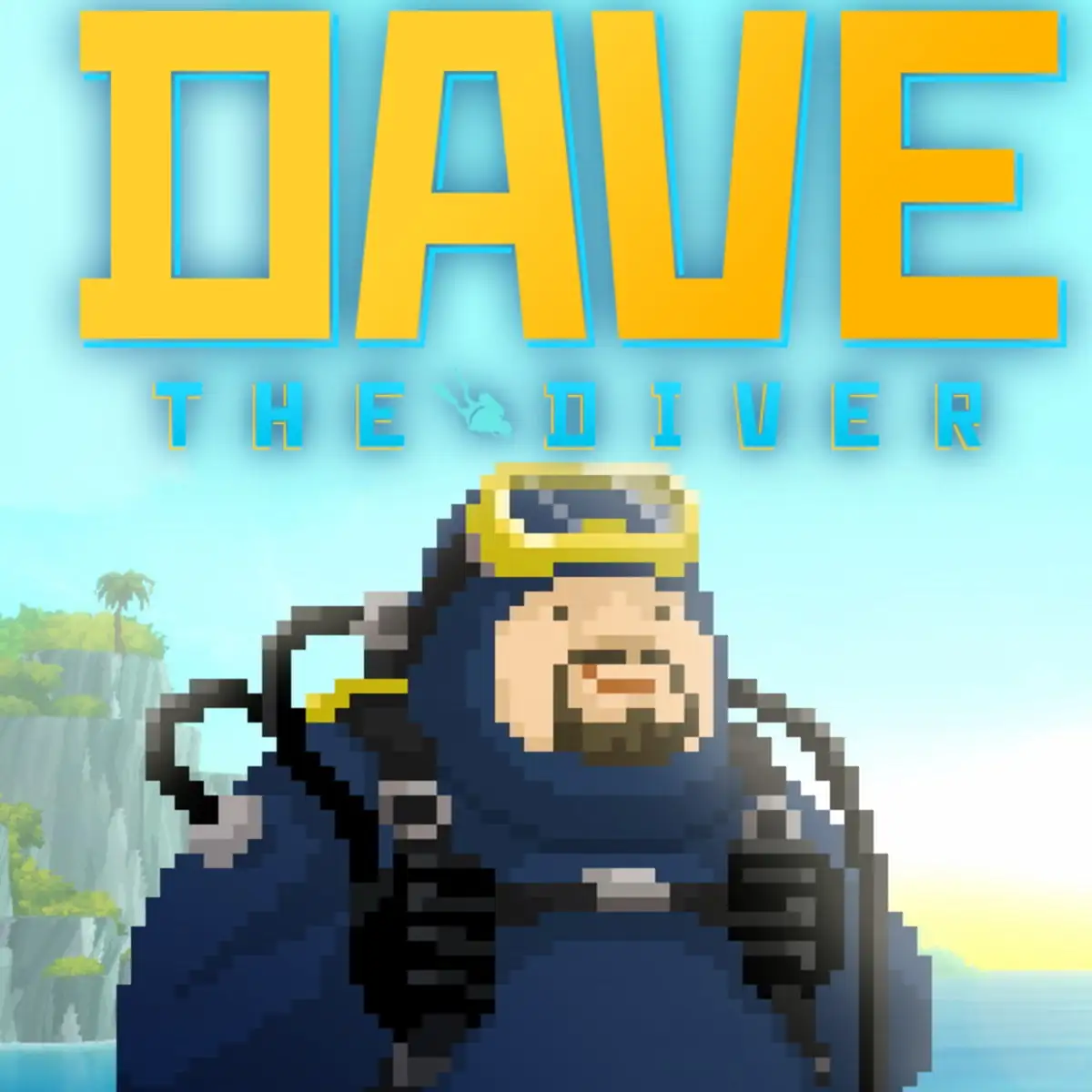


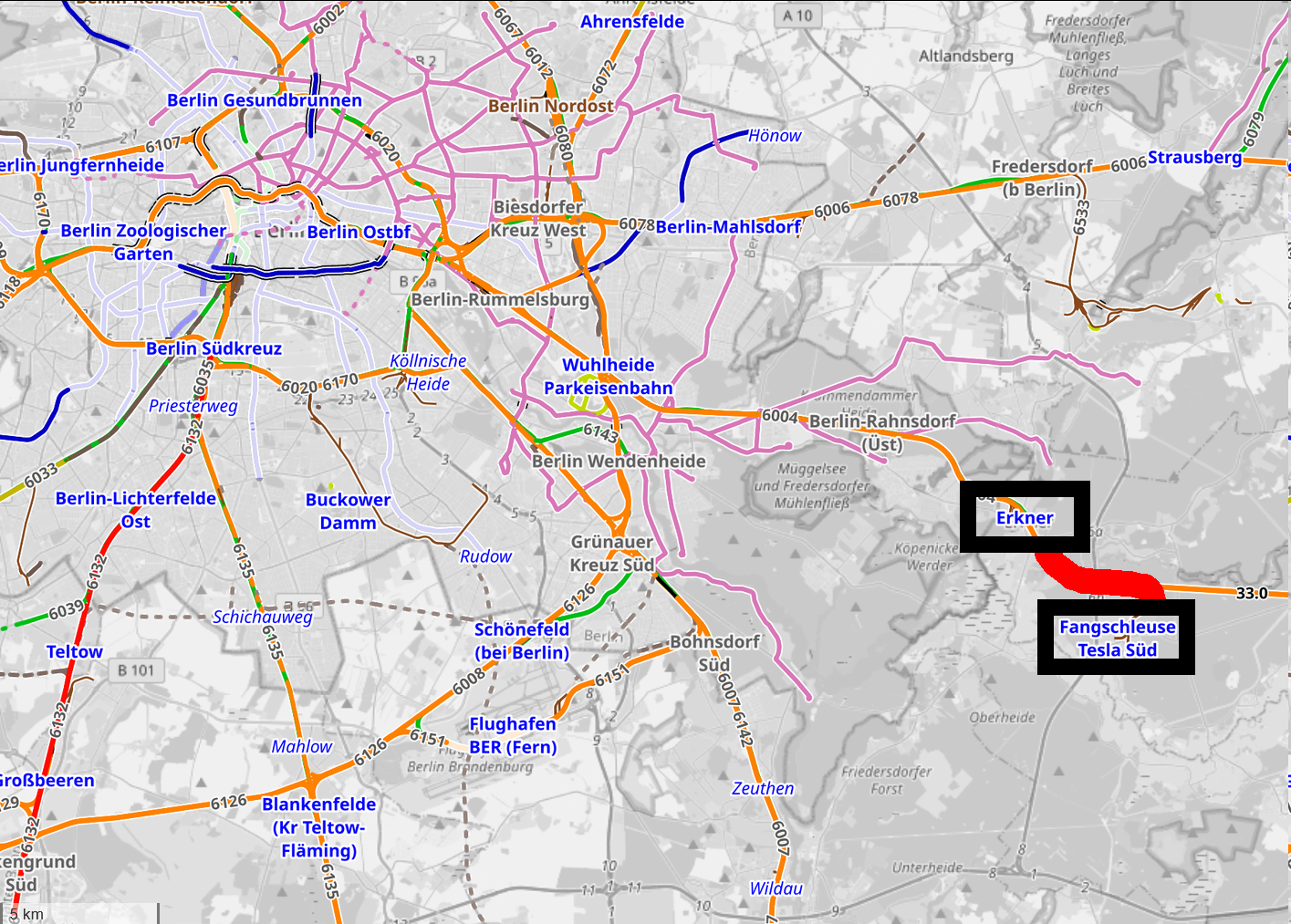
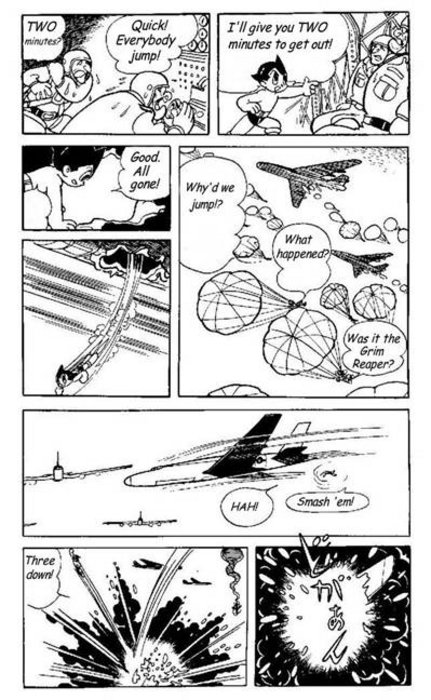
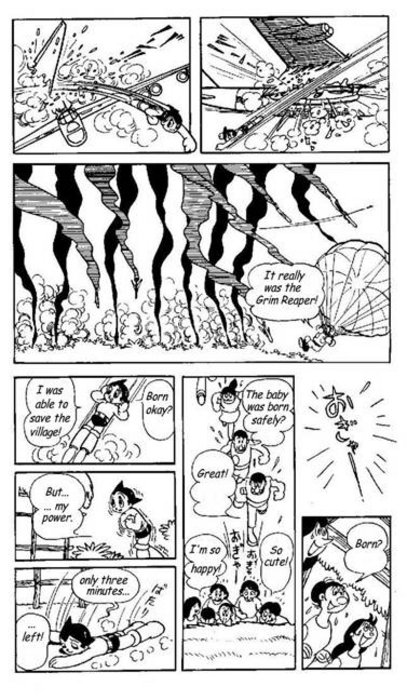
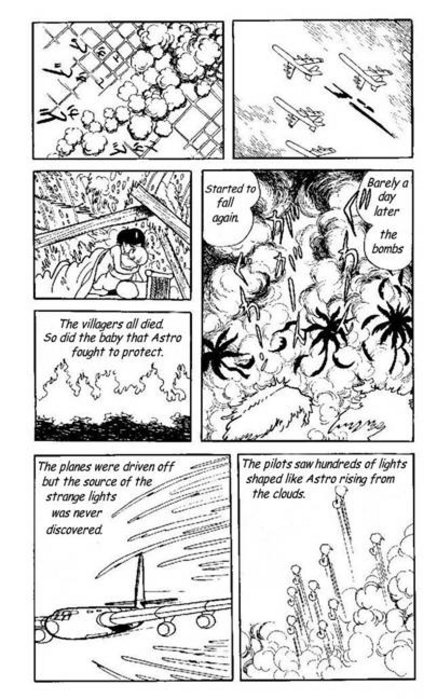
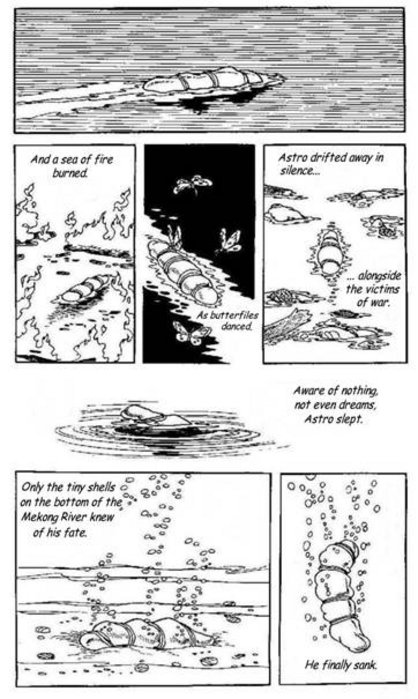






Notions like “the best defence is offence” and a preemptive/preventive war have existed for a long time, to be fair. It’s just that this isn’t the first time Israel or the US have pulled that card and it never worked. Hezbollah was founded the first time Israel invaded Lebanon ffs.
Even if it did work in this case, it would be short-sighted, as the injustice in Palestine would continue and it’s just a matter of time before things blow up again. “No justice, no peace” and all that.